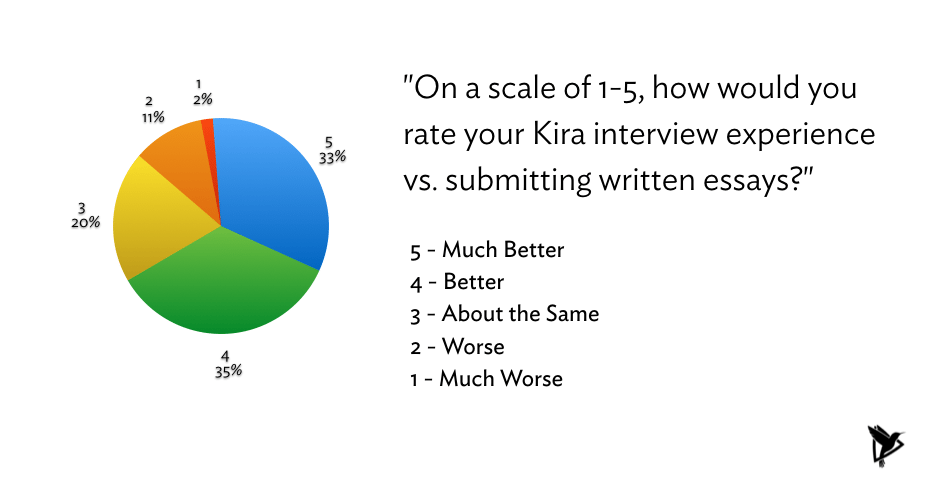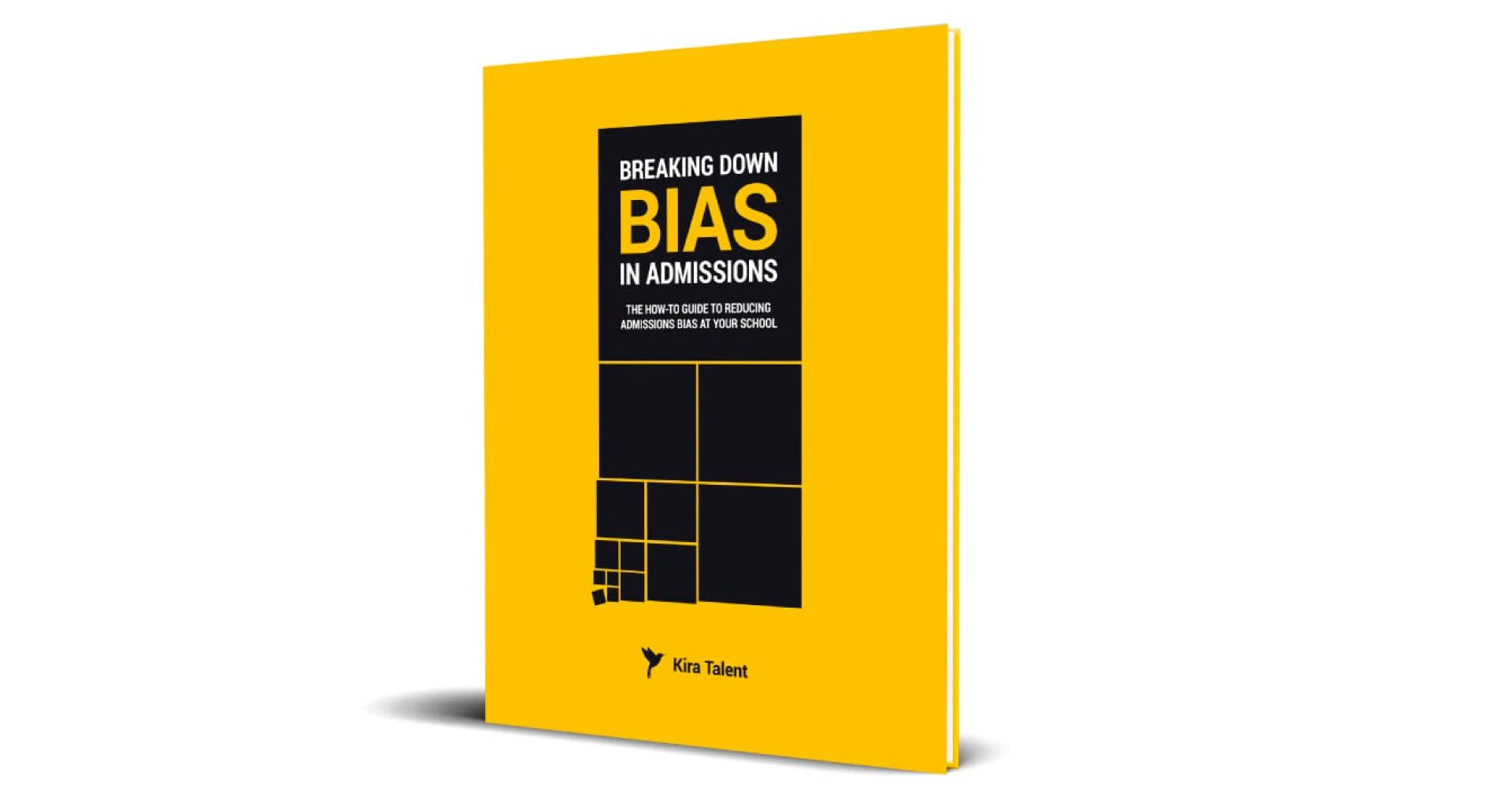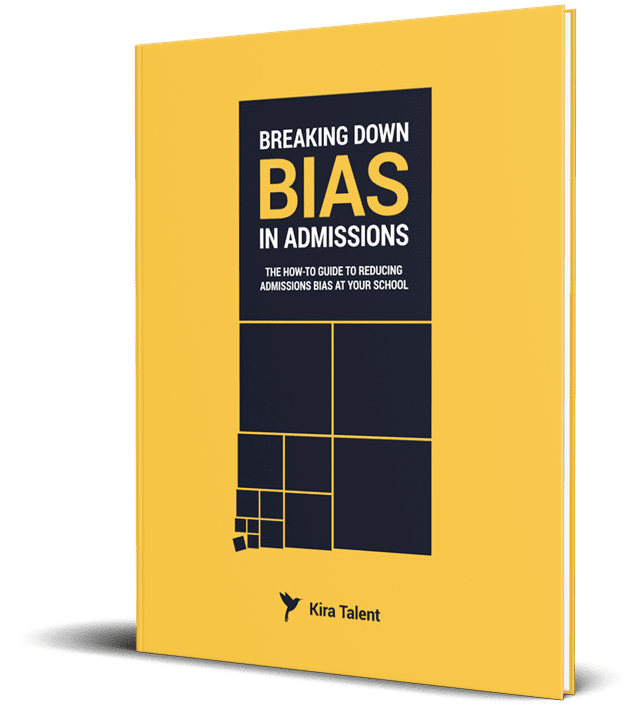In a recent survey of 3776 college and university applicants across 106 unique programs, more than two-thirds of applicants felt completing a Kira assessment was much better or better than having to submit written essays.

The study was conducted over a 3-month period and anonymously asked applicants how they felt after they’d completed their Kira assessment.
In similar research from the Association of International Graduate Admissions Consultants’ (AIGAC) 2016 MBA applicant survey, only 19 percent of applicants indicated that recorded video responses were especially onerous. On the contrary, they found that 61 percent of the 3,500+ applicants surveyed named standardized tests as the most challenging application component, followed by essays (46 percent.)
Why do many applicants prefer Kira assessments to essays?
The admissions process has been criticized heavily in recent years for becoming the end-game, rather than a stage, in the growth and development of students. Students are more concerned about getting in than what they will do with the education they receive, leading to higher stress levels and an often unhealthy level of competition between peers.
Kira provides a solution for schools looking to improve the experience for their applicants and reduce the infamous agony and anxiety of college admissions.
The timed nature of the Kira assessment allows applicants to participate at their convenience and removes the over-analyzing and perfecting stage that comes before submitting an essay. The practice question suite also helps applicants feel at ease, as they have a chance to respond to questions and watch their responses before proceeding to the interview. This comes up regularly in the open-ended and anonymous feedback applicants leave after they complete their assessments.
Here are some of the comments we received from applicants:
- “It was my first time interviewing and being able to see myself, and it really helped me to constructively evaluate myself as a candidate and not an interviewer.”
- “I liked the platform. Initially, I was very intimidated by this process, but I felt it was user-friendly and easy to navigate. I quickly become more comfortable with the platform and types of questions I might anticipate after practicing.”
- “This was so helpful! Thank you for the opportunity to practice. I have always felt that I was a weak interviewer, and so this really gave me a chance to see how others perceived me. I now know what to work on going forward.”



